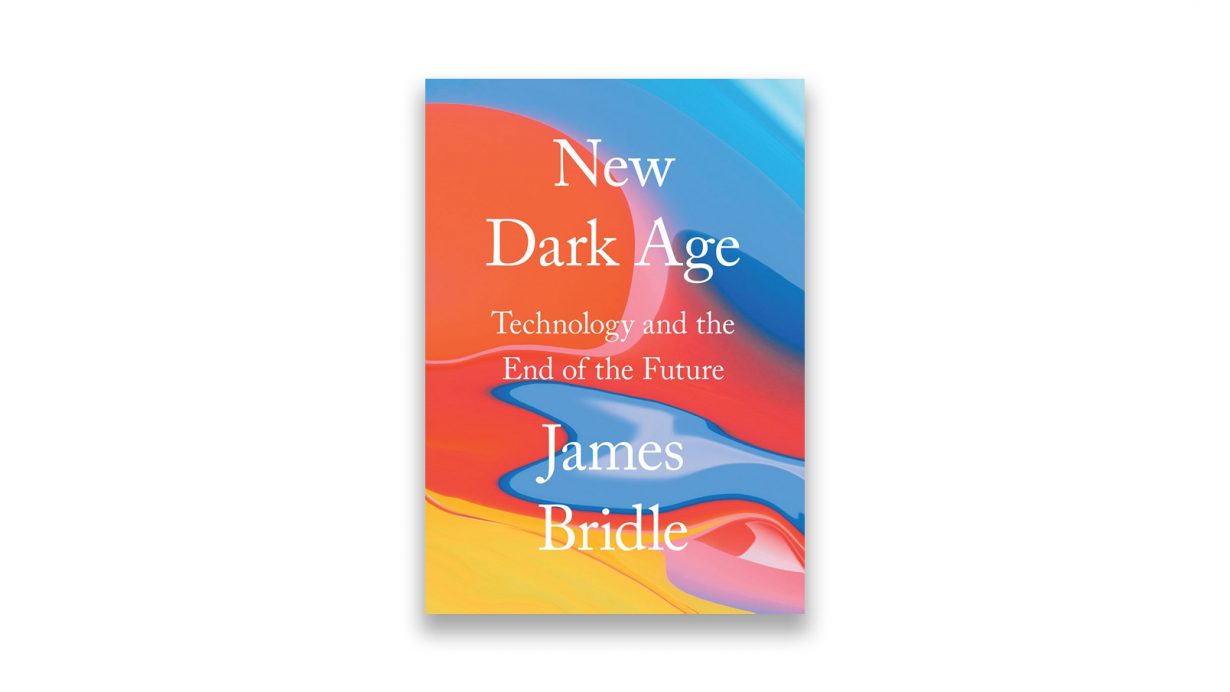
That no one any longer fully comprehends the economic, political and climatic systems upon which civilisation depends might seem self-evident. Recent and interrelated crises in each field have exposed infrastructures so complicated by technology that they defy human understanding. Yet still the public is asked blindly to trust that algorithm-driven financial markets will self-regulate, that automated information-gathering systems will not undermine the privacy of citizens, that bot-driven news-distribution networks will not subvert the public discourse underwriting democracy, that a global ecosystem catastrophically unbalanced by manmade emissions will, through further technological intervention, right itself.
In this startling call to arms, Bridle warns that this abdication of control leaves us all vulnerable: to exploitation by those able to manipulate these systems at the local level and, by extension, to the unpredictable escalation of local crises into systemic failures. If the subprime mortgage crisis or global warming illustrate the point most starkly, then most of us can also provide anecdotal evidence: this morning the Glasgow hotel in which I am staying suffered a software malfunction that locked guests out of their keycard rooms. Meaning, according to the member of staff I talked to, every guest in every room in its numerous franchises across the world.
The sense of powerlessness that this reliance on invisible infrastructures engenders is, Bridle proposes, at the heart of recent social unrest and political upheaval in the West. It shouldn’t be surprising that voters suffering from the unequally distributed effects of automation, globalisation and climate change, and told by their elected governments that it is impossible to effect structural change in a global economy, are vulnerable to the simplifying falsehoods put forward by the far right. It is in the interests of those who profit from them to render these vast infrastructures invisible and illegible, in order that discussion over such change can be stonewalled.
So, in chapters devoted to themes including ‘complexity’, ‘computation’ and ‘climate’, Bridle attempts to shine a light into the darker corners of the ‘network’ in which we are enmeshed. He cites the Amazon warehouses arranged by computers into inhuman logics that its workers are forced to follow; the racial prejudices reinforced by supposedly neutral technologies like digital cameras; the always shocking fact that at the atmospheric levels of carbon dioxide predicted for the century’s end, human cognitive ability drops by 20 percent. Many of these examples will be familiar, but their collective impact illustrates Bridle’s point that the issue is not the availability of this information – we are, as even the NSA has complained, drowning in data – but its organisation into legible and compelling narratives. So New Dark Age functions as a call for literacy rather than Luddism, on the principle that the apparatuses of oppression should be reclaimed rather than destroyed.
Acknowledging that is impossible to imagine these complex ‘hyperobjects’ (the term is borrowed from Timothy Morton’s description of the Internet) in their entirety, and yet seeking to counteract the cowed awe that their contemplation entails, Bridle instead puts forward that the reader should embrace a ‘clouded’ state of ‘practical unknowing’. This attempt to formulate a unifying theory from a selection of scattered insights, however sharp, is the least convincing aspect of the book. It is not hard to see how the promise of a ‘new dark age’ might be corrupted and co-opted by those with a less progressive agenda (a fate that Bridle, who coined the term the New Aesthetic, has suffered before).
Ultimately, his efforts to reconcile the limited capacity of the individual with the possibility of agency lead the author to an old-fashioned conclusion: that to effect meaningful change, it is necessary to share knowledge and build coalitions. Rather than disentanglement, New Dark Age argues convincingly for a more informed integration with the technologies we have created, made possible by new solidarities between citizens armed with the facts.
New Dark Age: Technology and the End of the Future by James Bridle is published by Verso Books, £16.99 (hardcover). From the Summer 2018 issue of ArtReview